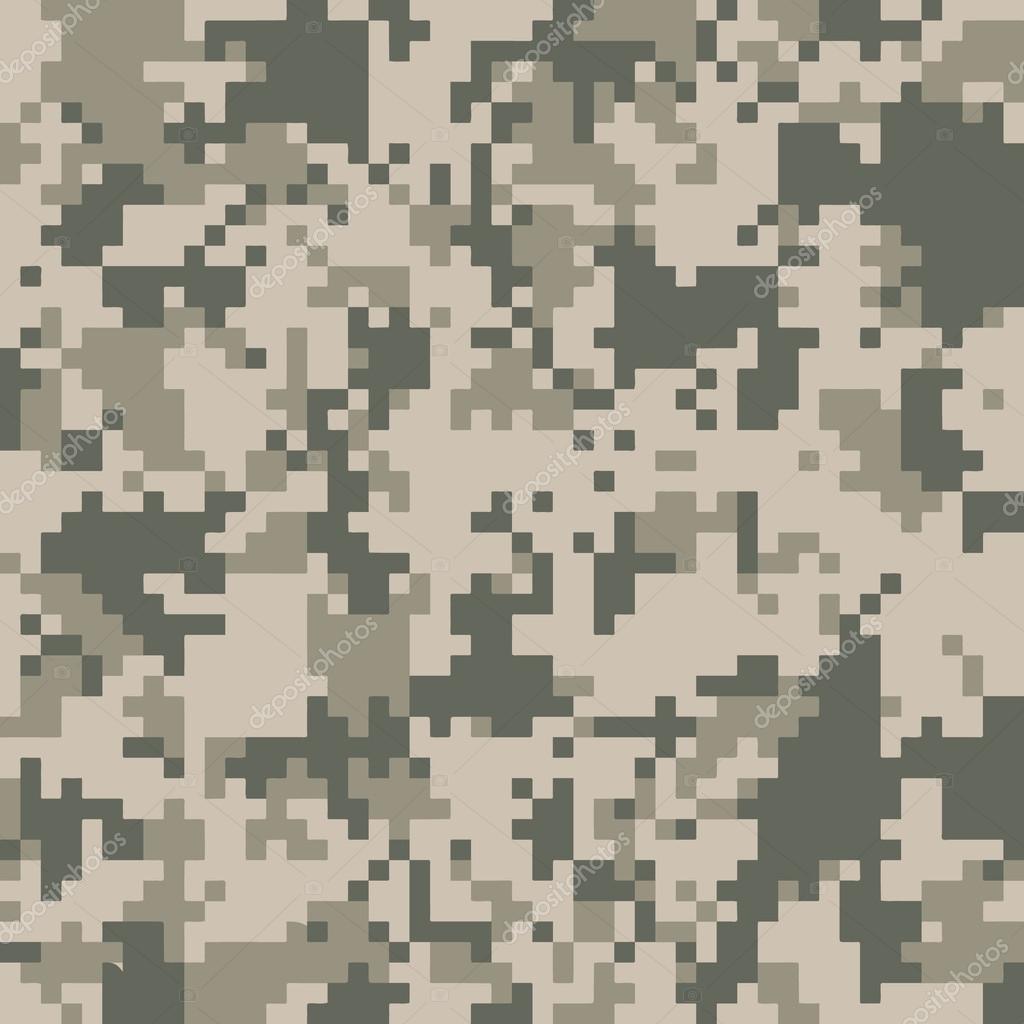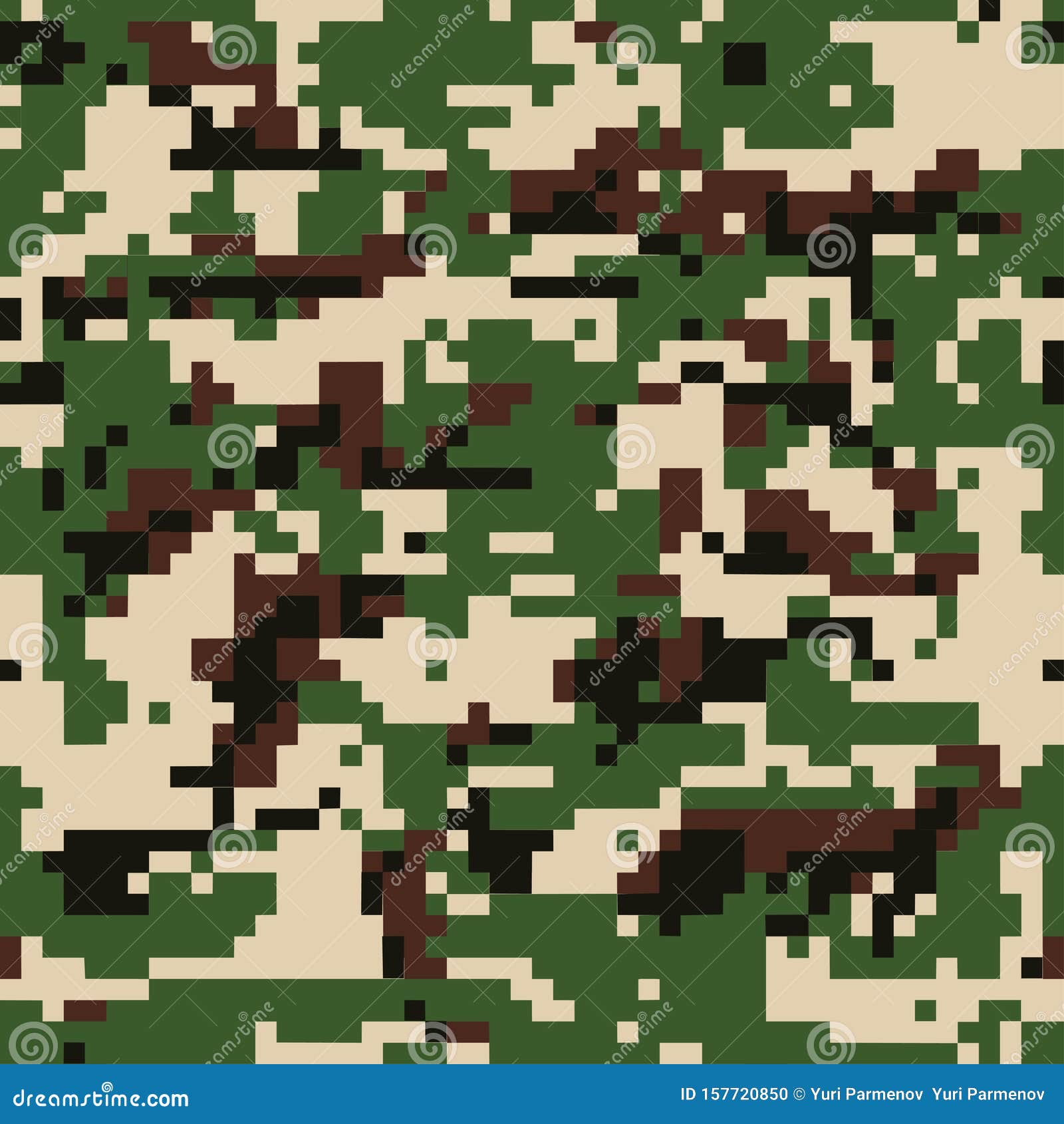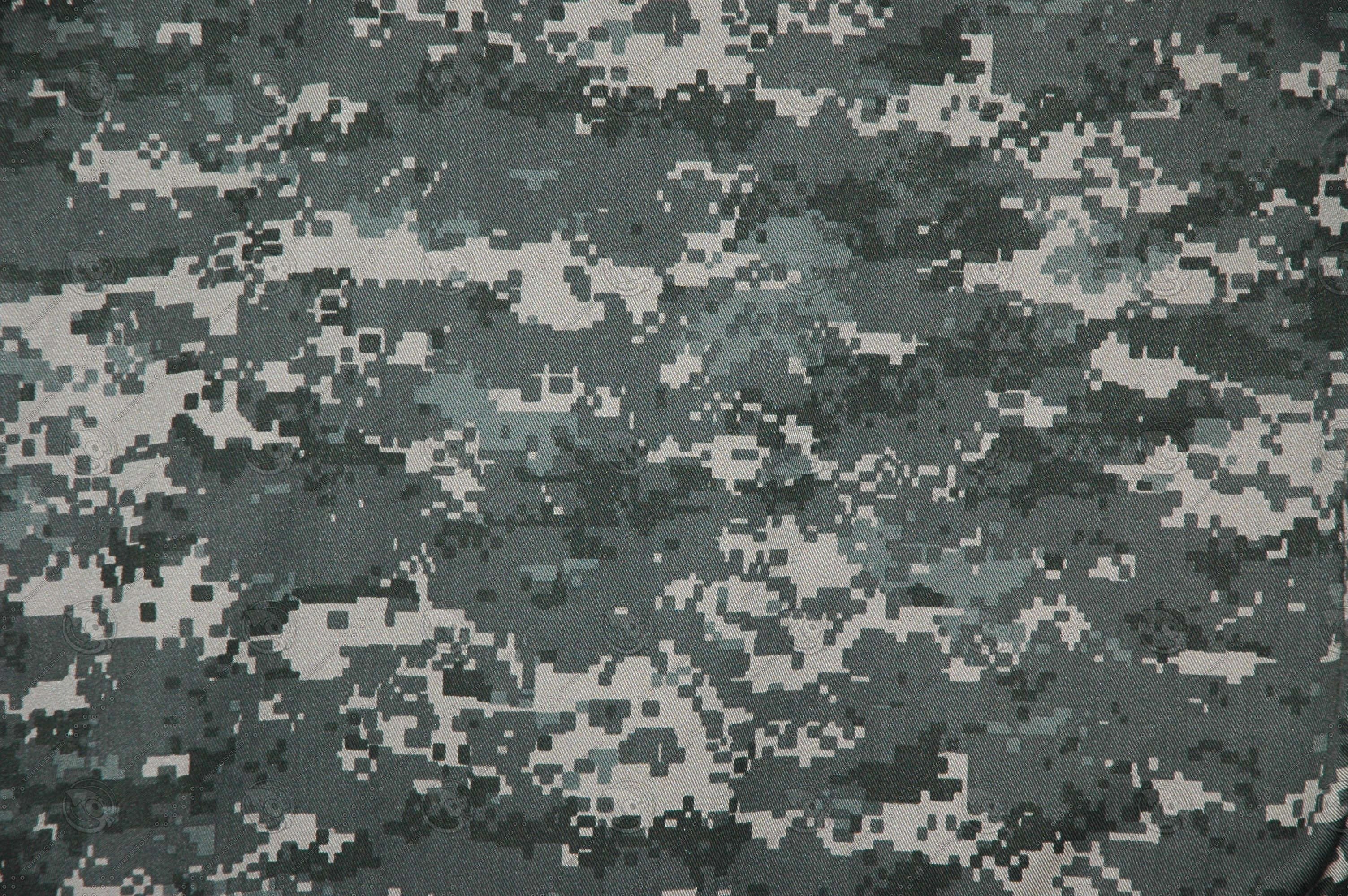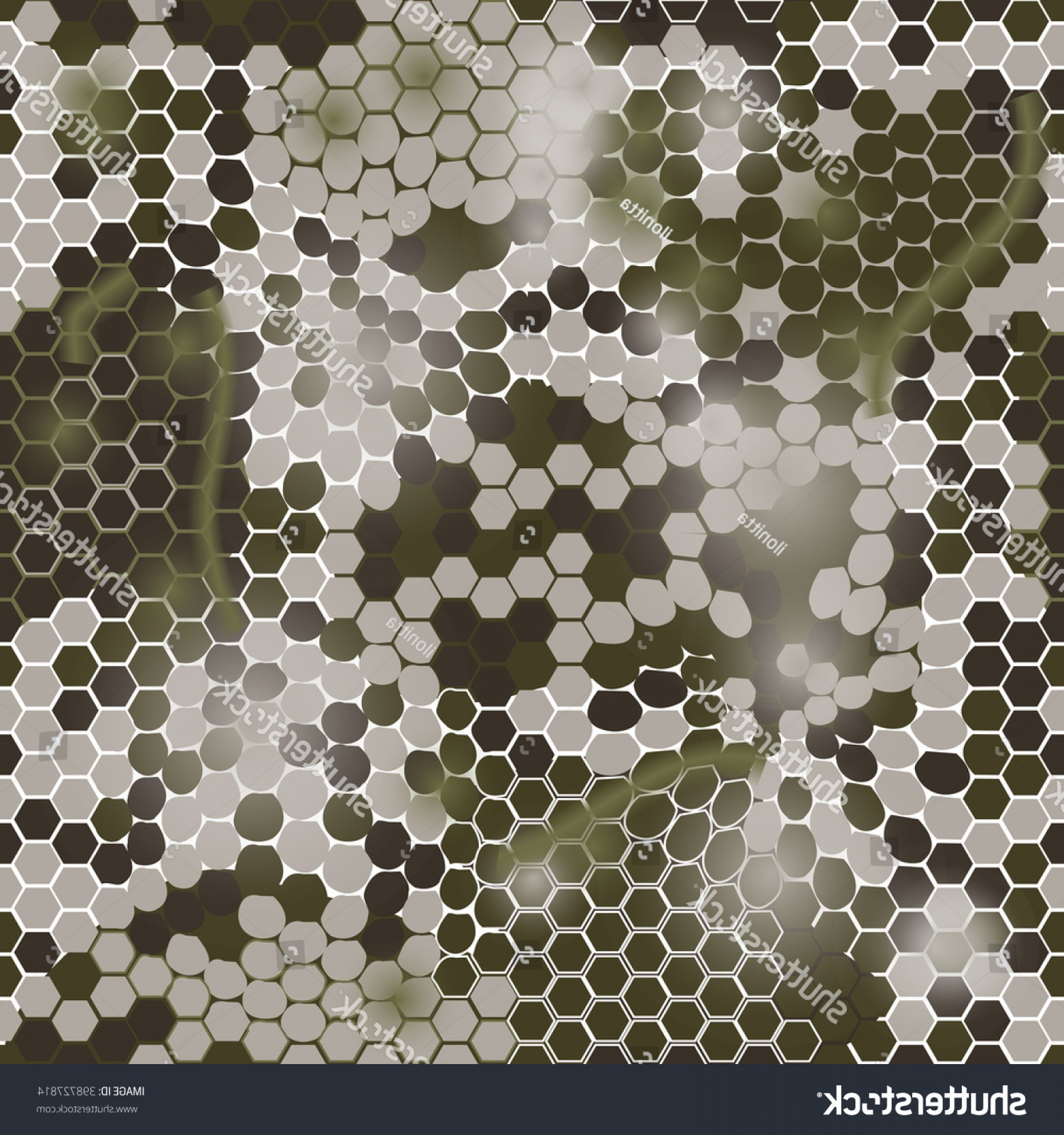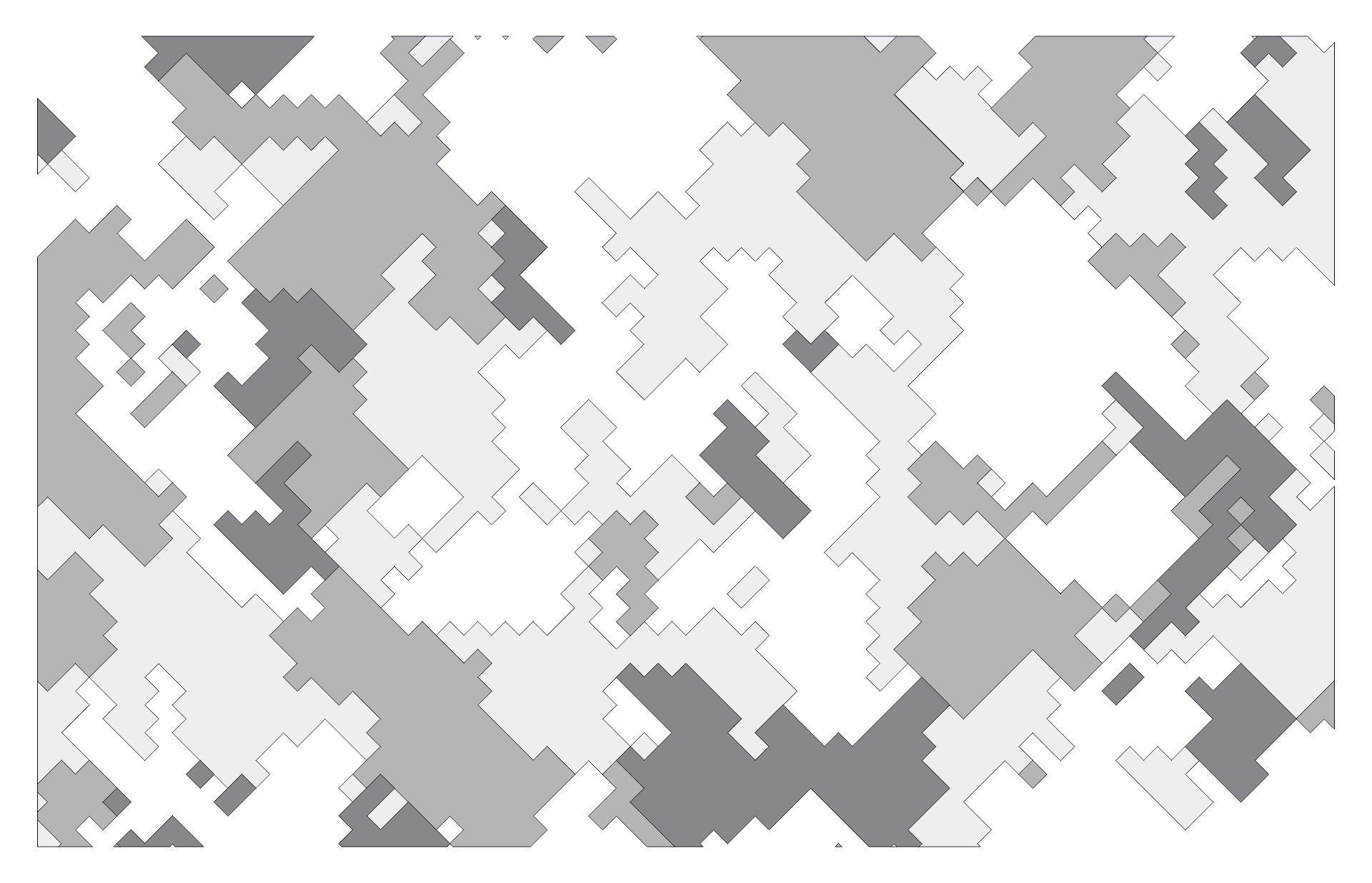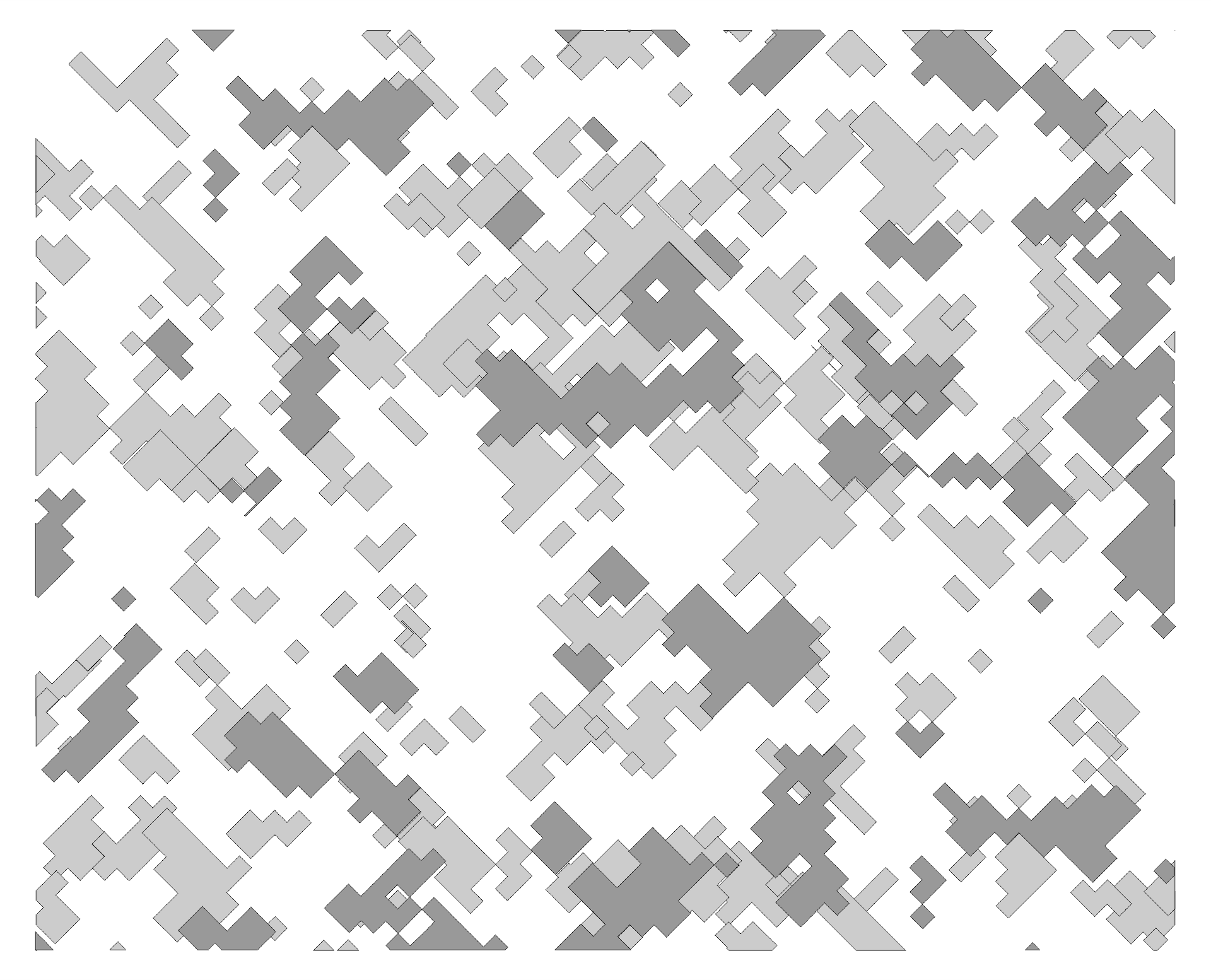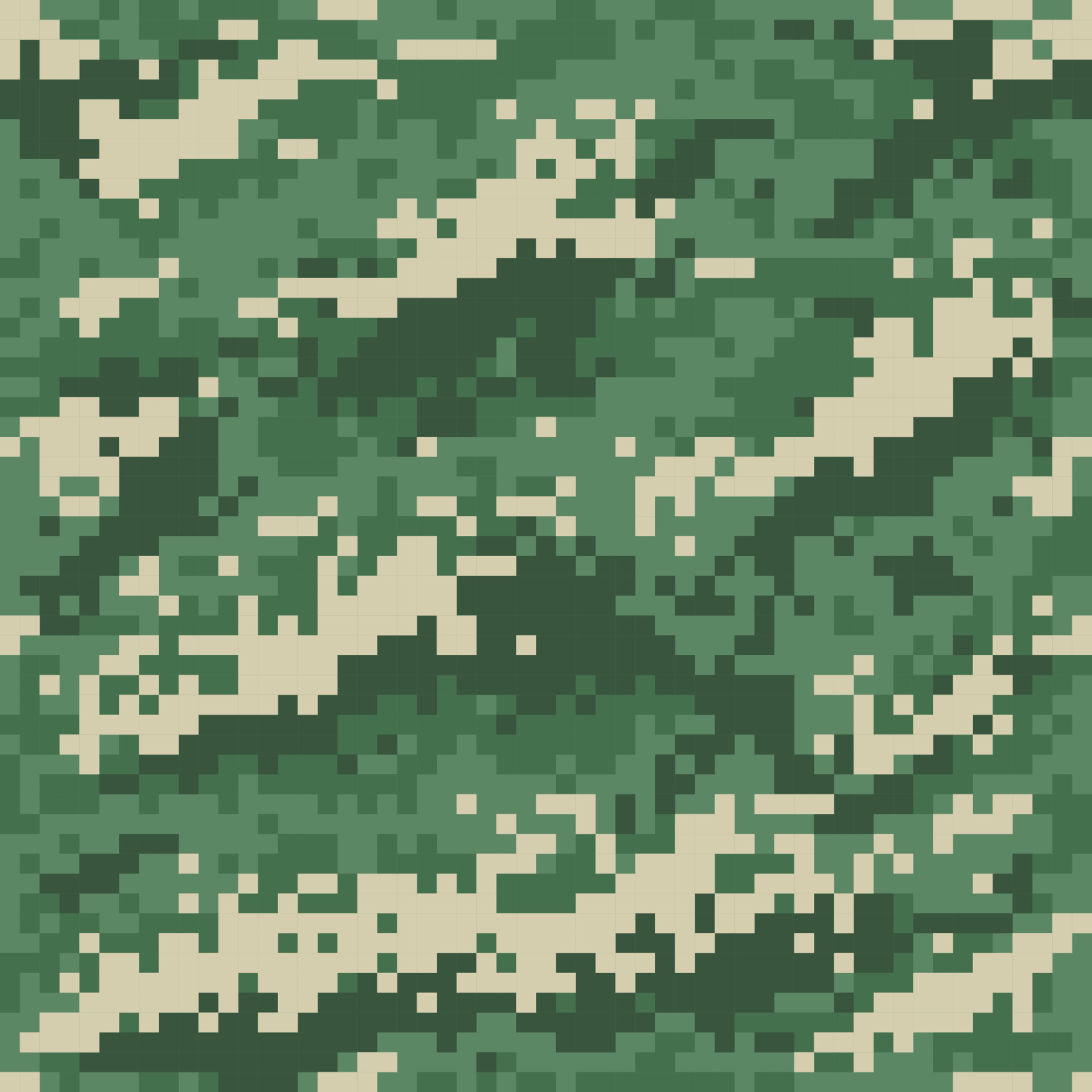Web following on the heels of the usmc, in 2004 the us army adopted its own digital camouflage pattern which it termed universal camouflage pattern or ucp. This breakthrough revolutionized military camouflage and almost all modern armed forces use some form of pixelated camo. Web desert night camouflage. Web this paper proposed a digital camouflage pattern design method based on a biased random walk strategy. The design is made up of small square pixels, which are arranged in.
A two color pixillated pattern, it was one of the first military camouflage designs intended to thwart night vision devices on enemy vehicles. Army will no longer wear the universal camouflage pattern, otherwise known as the army combat uniform (acu) pattern or digital camouflage as of october 1, 2019. First, we segment the original background, count the pixel and edge information, and complete a biased random walk based on the estimated boundary probability to obtain the prototype of the camouflage patch. The design is made up of small square pixels, which are arranged in. Web soldiers of the u.s.
Perhaps the first digital camo pattern to see widescale combat is the desert night camouflage (dnc). Web i’ll show you how to design your own camouflage pattern. Web digital camouflage provides a disruptive effect through the use of pixellated patterns at a range of scales, meaning that the camouflage helps to defeat observation at a range of distances. Web soldiers of the u.s. [5] [6] technicians at natick soldier systems center attempted to devise a uniform pattern that would mask the wearer in all seasonal environments.
This is, it turns out, nothing but a recoloration of the marpat design. The high level of random and abstract visual noises in our pixelated camo disrupts the wearer’s outlines for better concealment. Web digital camo, however, uses pixelated micropatterns which blur together and dither at a distance making them more difficult to pick out. Web in this article, we discuss multiple camouflage patterns, how they work, where they work best, and which ones might be right for you. Web the army’s latest camouflage design attempts to synthesize the differences between digital and traditional camouflage. Web the recently proposed digital pattern painting, a new form of camouflage pattern painting, which has better performance in countering reconnaissance. First, we segment the original background, count the pixel and edge information, and complete a biased random walk based on the estimated boundary probability to obtain the prototype of the camouflage patch. I’ll present fours examples of the military camo patterns: Web the original us navy working uniform (nwu type i) camouflage pattern, designed in 2004 around the same time as us army ucp, was a predominantly blue digital / pixellated camo which first entered service in 2009. In this study, we present a novel design and evaluation of digital. Perhaps the first digital camo pattern to see widescale combat is the desert night camouflage (dnc). Web contemporarily, the most accurate definition would be a camouflage pattern that has been designed using computer algorithms that are programmed to create micropatterns for effective disruption (conventional, analog and/or organic camouflage designs utilize macropatterns). Web disruption® digital camouflage utilizes computer generated graphics to create a pattern that keeps you undetected in any environment. This breakthrough revolutionized military camouflage and almost all modern armed forces use some form of pixelated camo. [5] [6] technicians at natick soldier systems center attempted to devise a uniform pattern that would mask the wearer in all seasonal environments.
Web Soldiers Of The U.s.
Web the army’s latest camouflage design attempts to synthesize the differences between digital and traditional camouflage. This breakthrough revolutionized military camouflage and almost all modern armed forces use some form of pixelated camo. Woodland, desert, urban digital, and flecktarn. The high level of random and abstract visual noises in our pixelated camo disrupts the wearer’s outlines for better concealment.
First, We Segment The Original Background, Count The Pixel And Edge Information, And Complete A Biased Random Walk Based On The Estimated Boundary Probability To Obtain The Prototype Of The Camouflage Patch.
Web disruption® digital camouflage utilizes computer generated graphics to create a pattern that keeps you undetected in any environment. Web digital camo, however, uses pixelated micropatterns which blur together and dither at a distance making them more difficult to pick out. There have been pixelated patterns long before canada started issuing pixelated uniforms in the late 1990s. Web in this article, we discuss multiple camouflage patterns, how they work, where they work best, and which ones might be right for you.
Web Desert Night Camouflage.
Army will no longer wear the universal camouflage pattern, otherwise known as the army combat uniform (acu) pattern or digital camouflage as of october 1, 2019. Web following on the heels of the usmc, in 2004 the us army adopted its own digital camouflage pattern which it termed universal camouflage pattern or ucp. Web the universal camouflage pattern (ucp) is a digital military camouflage pattern formerly used by the united states army in their army combat uniform. A two color pixillated pattern, it was one of the first military camouflage designs intended to thwart night vision devices on enemy vehicles.
In Fact, Digital Patterns Are Those Which Are Computer And Algorithm Based.
Web the original us navy working uniform (nwu type i) camouflage pattern, designed in 2004 around the same time as us army ucp, was a predominantly blue digital / pixellated camo which first entered service in 2009. [5] [6] technicians at natick soldier systems center attempted to devise a uniform pattern that would mask the wearer in all seasonal environments. Web this paper proposed a digital camouflage pattern design method based on a biased random walk strategy. Web the recently proposed digital pattern painting, a new form of camouflage pattern painting, which has better performance in countering reconnaissance.
